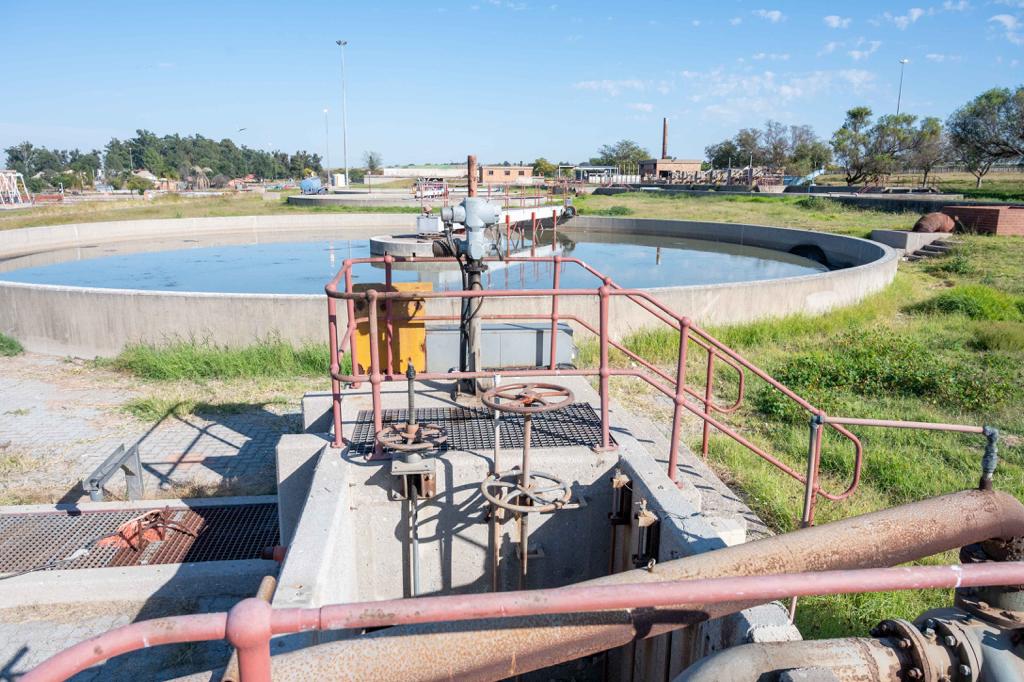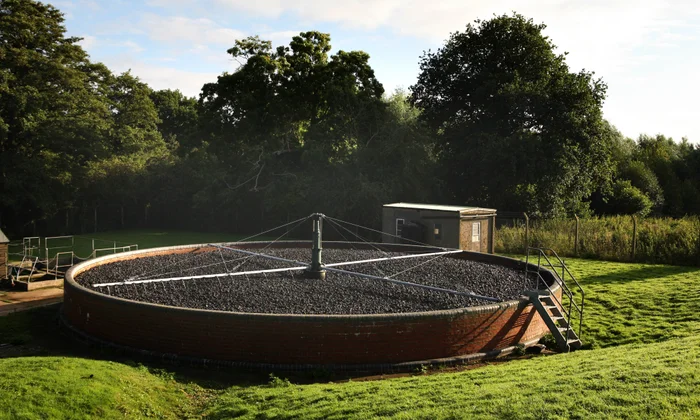Agriculture consumes nearly 70% of global freshwater resources, making efficient water use critical for food security. In rural communities, Angilan water management has emerged as a powerful solution for balancing irrigation needs with sustainability. By combining traditional rotational systems with modern techniques, it ensures that farmers receive sufficient water without exhausting natural reserves.
This article explores how Anglian water management strengthens agricultural productivity while promoting environmental balance.
Agriculture and the Water Challenge
Farmers face increasing challenges:
- Unpredictable rainfall due to climate change.
- Over-extraction of groundwater.
- Soil degradation from poor irrigation.
- Rising demand for food in growing populations.
Without sustainable water management, agriculture risks collapse. That’s where Anglican’s model makes a difference.
Key Features of Anglian Water Management in Agriculture
1. Fair Irrigation Scheduling
Through rotational schedules, farmers take turns accessing irrigation canals. This prevents overuse, reduces disputes, and ensures every crop field receives water fairly.
2. Canal and Reservoir Systems
Communities maintain shared canals and reservoirs that store seasonal water. This practice provides reliable irrigation even during dry spells.
3. Waste Reduction
By controlling the angle and flow of water distribution, Angilan irrigation reduces runoff, preventing soil erosion and waterlogging.
4. Integration of Modern Tech
Modern pumps, filtration systems, and soil-moisture sensors complement traditional channels. Together, they maximize efficiency and crop yield.
Benefits for Farmers
- Higher yields from consistent irrigation.
- Lower costs since water is shared and efficiently managed.
- Reduced crop failure risk in times of drought.
- Better soil health, as overwatering is avoided.
Communities that follow Anglian water management often experience greater food security and improved livelihoods.
Environmental Sustainability in Agriculture
Unlike conventional systems that exploit water, Anglian management prioritizes eco-balance. By preventing overuse, it protects rivers, groundwater, and biodiversity. This sustainability ensures farming remains viable for future generations.
Global Lessons
Other regions facing water scarcity can adopt Anglian’s methods:
- Rotational irrigation to reduce conflicts.
- Community maintenance for canals and reservoirs.
- Integration of tradition and technology for maximum efficiency.
These lessons are vital for countries where agriculture is at risk due to water shortages.
Conclusion
Agriculture cannot thrive without sustainable water management. The Anglian water management system proves that with cooperation, fairness, and innovation, communities can boost crop yields while protecting the environment. As the world seeks solutions for food and water security, Angilan offers a tested, community-driven model for success.






